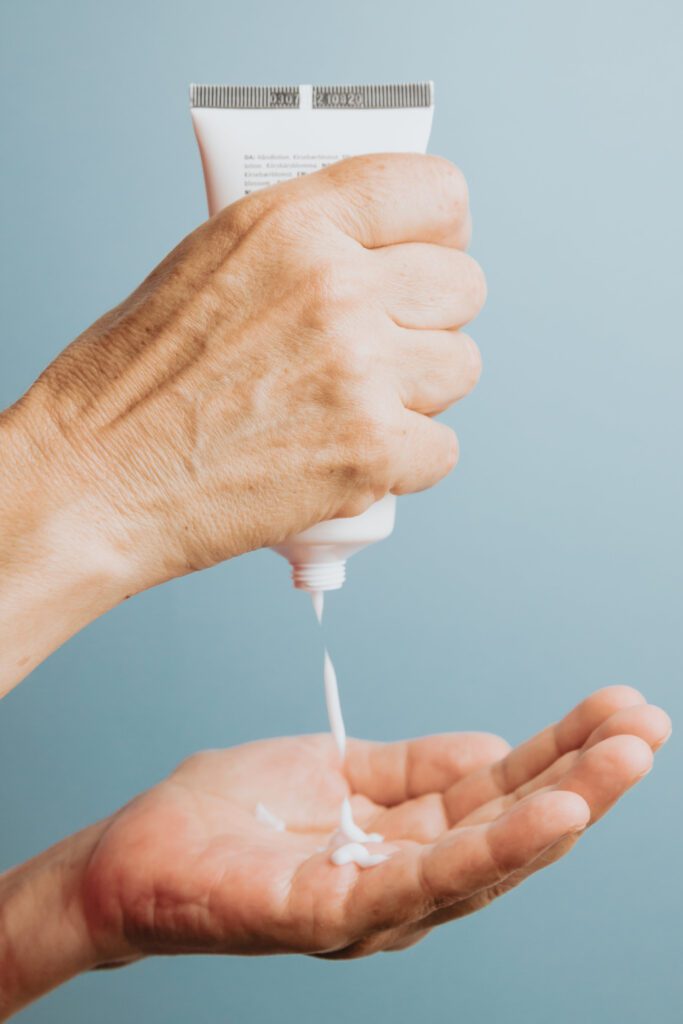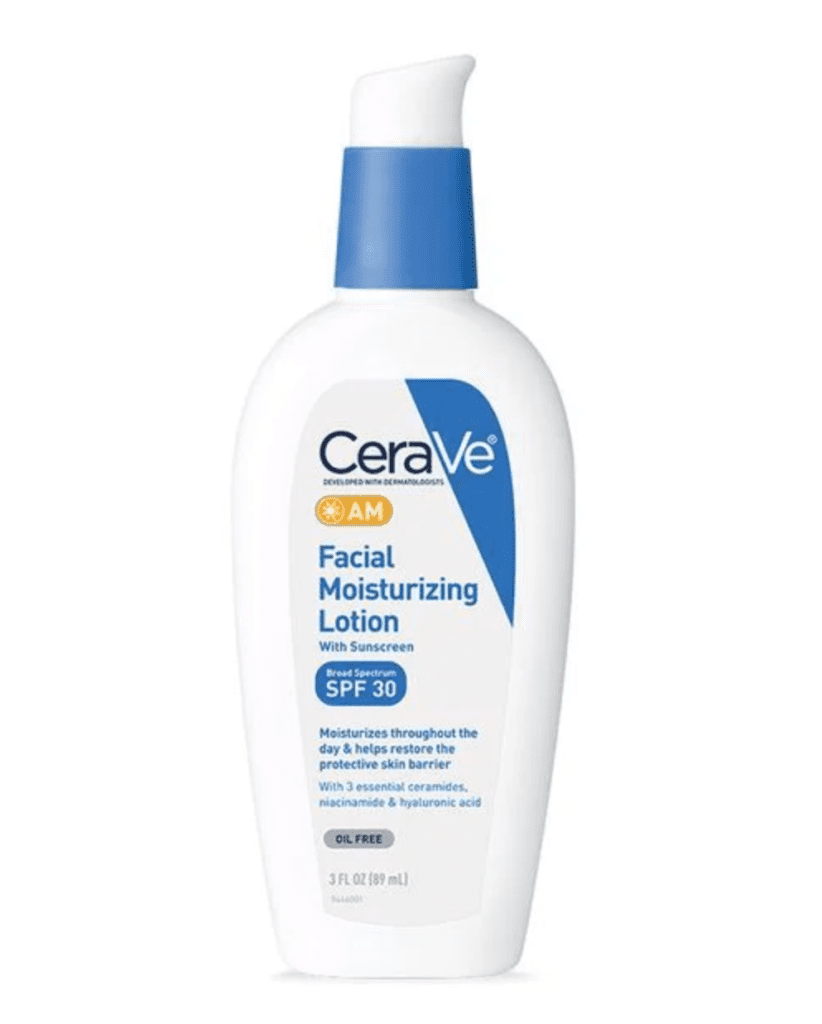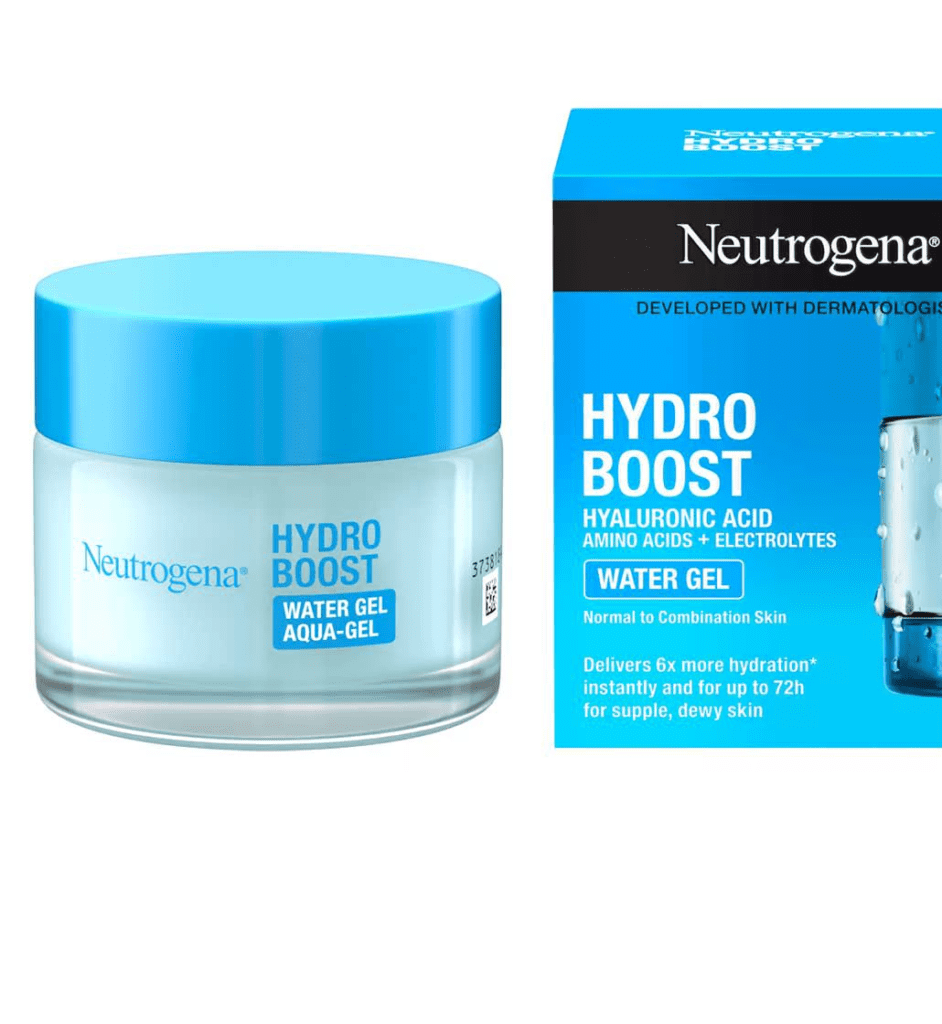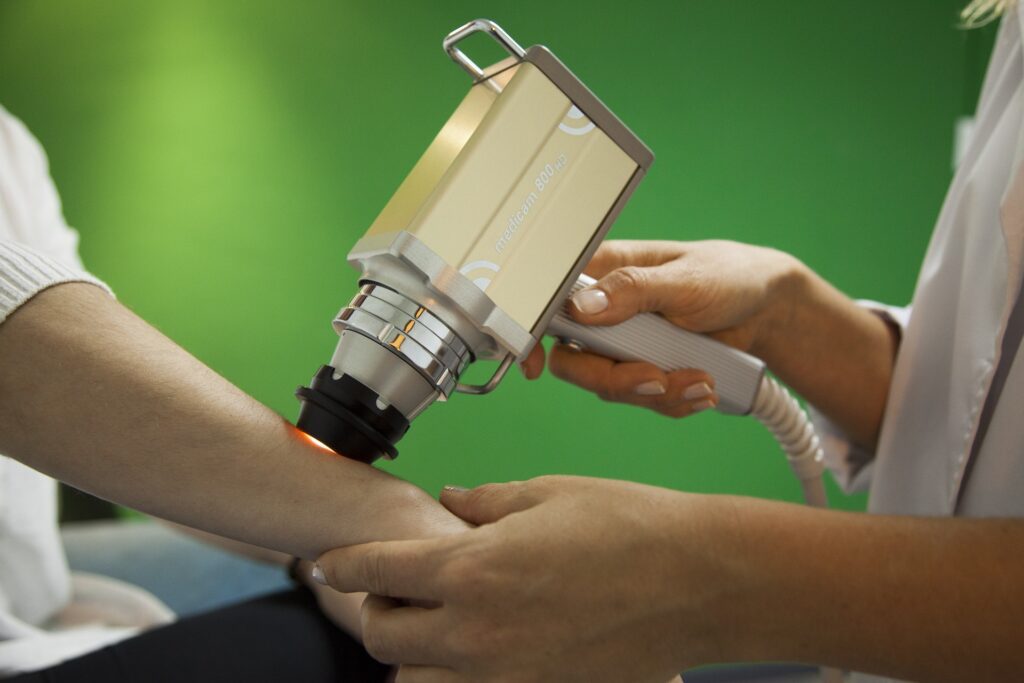
Skincare routines and habits are a significant component of many people’s daily lives. It’s essential to understand which popular beliefs about skincare are true and which are simply myths.
With so much information available, it can be challenging to determine the best practices for maintaining healthy, radiant skin.
By debunking common skincare myths, you can make more informed decisions about your routines and products.
Several misconceptions surround skincare practices, often causing people to follow routines or use products that may not benefit their skin or, worse, cause harm.
These myths range from the belief that drinking water keeps skin hydrated to the idea that there is a one-size-fits-all approach to achieving glowing skin.
Did you believe myth number 3?
In reality, factors such as genetics, skin type, and lifestyle choices play a significant role in determining the best skincare regimen for each person.
By understanding the truth behind these myths and seeking advice from dermatologists, individuals can tailor a skincare routine that best suits their specific needs.
Reevaluating the validity of popular skincare beliefs can help promote long-term skin health and enhance one’s overall appearance.
Common Skincare Myths
Myth 1: Natural Ingredients Are Always Better

While natural ingredients often seem appealing, they aren’t always better for your skin. Some natural ingredients can cause irritation or allergies, while others may not be as effective as their synthetic counterparts.
For example, retinoic acid (as in Retin-A) is a synthetic ingredient that has strong evidence supporting its wrinkle-reducing properties, outperforming many natural alternatives.
Myth 2: Pores Open and Close
Contrary to popular belief, pores cannot open and close like doors.
The misconception that pores open up when we use steam likely comes from the fact that steam can help soften and loosen the debris that can clog pores, making it easier to remove them. However, this does not mean that the pores themselves are physically opening up.
In reality, pores are not muscles and cannot contract or expand. However, cleansing and exfoliating can help remove debris and dead skin cells, making pores appear smaller.
Myth 3: High SPF Means Longer Protection
SPF stands for Sun Protection Factor, and it measures a product’s ability to protect against UVB rays that cause sunburns.
It’s a common myth that high SPF sunscreen offers significantly longer protection than lower SPF ones.
An SPF 30 sunscreen provides about 97% protection from UVB rays, while an SPF 50 provides around 98%. This means that there’s only a small difference in protection levels between the two.
Moreover, regardless of the SPF number, it is crucial to reapply sunscreen every two hours and after swimming or sweating to maintain adequate protection.
Debunking Popular Myths
Myth 4: Oily Skin Doesn’t Need Moisturizer
One common misconception is that those with oily skin should avoid using moisturizers. However, this is not true.
Oily skin still requires hydration and proper moisturization to maintain a healthy skin barrier. Depriving oily skin of moisture can lead to an overproduction of oil, exacerbating the problem.
Choosing a non-comedogenic and lightweight moisturizer is key for individuals with oily skin.
A non-comedogenic moisturizer is one that is specifically formulated to not clog pores. These types of moisturizers are typically lightweight and oil-free, making them ideal for people with oily skin. They can help to hydrate the skin without adding excess oil or contributing to the formation of clogged pores.
Look for products containing ingredients such as hyaluronic acid or glycerin, which can help retain moisture without clogging pores.
Here are two well-known moisturizers that are non-comedogenic and lightweight, perfect for oily skin:
CeraVe Oil-Free Moisturizing Lotion: A lightweight moisturizer that is oil-free and non-comedogenic. It is also fragrance-free and hypoallergenic.


Neutrogena Hydro Boost Water Gel: This gel moisturizer is also oil-free and non-comedogenic. It is also hyaluronic acid-based, which helps to hydrate the skin without making it feel greasy.
When using any cream or cosmetic product, it is important to read and follow the instructions provided by the manufacturer. Results may vary depending on individual skin types and conditions, so what works for one person may not work for another.
Myth 5: You Can Never Over-Exfoliate

Contrary to popular belief, over-exfoliating can lead to skin irritation, redness, and a damaged skin barrier.
When we exfoliate too often or too aggressively, we can strip the skin of its natural oils and disrupt the barrier that protects our skin from bacteria and other irritants.
It is essential to strike a balance when it comes to exfoliation, using gentle techniques or chemical exfoliants appropriate for your skin type.
Dermatologists recommend exfoliating no more than two to three times a week for most skin types to prevent unnecessary damage or irritation.
Remember, it’s important to understand your skin type and individual needs when developing a skincare routine. What works for one person may not be suitable for another.
Learn about the different types of exfoliation and their benefits Here!
How to Care for Your Skin Properly
Caring for your skin involves two essential components: understanding the ingredients in skincare products and finding a routine that works best for you.
1. Understanding Skincare Ingredients
Knowing the ingredients in your skincare products is crucial to achieving healthy skin. Here are some key ingredients to look for in your products:
- Retinoids: These vitamin A derivatives are proven to reduce wrinkles and improve skin texture. Retin-A is an example of a topical treatment with retinoids.
- Hyaluronic acid: This ingredient helps in maintaining skin hydration, making it a popular component in moisturizers.
- Antioxidants: Ingredients such as vitamin C and vitamin E protect the skin from environmental damage and help improve skin tone.
- Alpha hydroxy acids (AHAs): AHAs, like glycolic acid and lactic acid, gently exfoliate the skin to reveal brighter, smoother skin.
- Niacinamide: (known as vitamin B3), is a water-soluble vitamin that can help improve the appearance of fine lines, wrinkles, and hyperpigmentation. It helps regulate oil production and it also has anti-inflammatory properties, which can help reduce redness and irritation in the skin.
- Peptides: By using skincare products that contain peptides, you can help boost collagen production and improve the overall appearance of your skin. Pepides are short chains of amino acids that can help stimulate collagen production in the skin. Collagen is a protein that gives skin its strength and elasticity, and as we age, our natural collagen production decreases, which can lead to fine lines and wrinkles.
- Ceramides: are lipids that help form the skin’s barrier and protect it from environmental stressors. They help keep the skin hydrated and prevent moisture loss, which can lead to dryness, flakiness, and irritation.
2. Finding a Skincare Routine That Works for You

When it comes to selecting skincare products, a qualified dermatologist who specializes in skin-related issues is the best guide to follow.
Consulting with a dermatologist can help you achieve healthy skin as they possess extensive knowledge about products and can provide recommendations to get you started on the right path.
Additionally, dermatologists have an in-depth understanding of your skin, making them an ideal resource for skincare advice.
To develop a skincare routine that suits your skin, consider the following steps:
- Identify your skin type: Determine whether your skin is oily, dry, combination, or sensitive, as this will help you select the appropriate products.
- Cleanse gently: Wash your face using a gentle cleanser and lukewarm water, avoiding harsh scrubbing that may irritate your skin.
- Exfoliate moderately: Depending on your skin type, exfoliate one to two times per week using a gentle exfoliator or chemical exfoliant.
- Moisturize daily: Nourish your skin with a hydrating moisturizer suitable for your skin type.
- Apply sunscreen daily: It’s important to protect your skin even when you’re indoors, as recent research has shown that artificial blue light from electronic devices like computers and phones can also contribute to premature ageing of the skin.
- Assess product effectiveness: Give new products time to work, usually around four to six weeks, and make adjustments to your routine as needed.
By understanding the ingredients in your skincare products and customizing a routine that works for your skin, you’ll be better equipped to maintain and improve your skin’s appearance and health.
Conclusion
Skincare routines and habits are crucial components of daily life that require careful consideration.
Debunking common skincare myths can help individuals make informed decisions about their routines and products, leading to long-term skin health and enhanced overall appearance.
It’s important to understand that there is no one-size-fits-all approach to skincare, and factors such as genetics, skin type, and lifestyle choices play a significant role in determining the best regimen for each person.
By understanding skincare ingredients and finding a routine that works for their skin, individuals can achieve healthy, radiant skin. Consulting with a dermatologist is also recommended for personalized skincare advice.